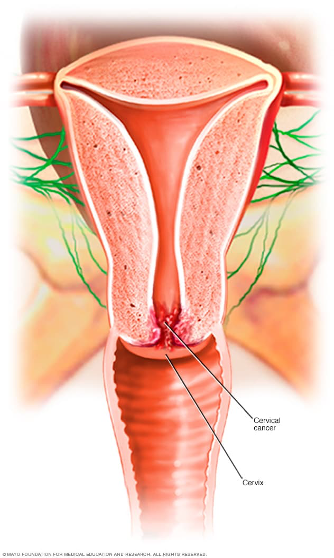Informator uniwersytecki
numer 018
Grudzień 2022
★
6
Making sense of cancer
Professor Hannah Fry in her TV documentaries and regular radio slots never fails to make numbers engaging. Yet not many people had the idea that she’d been seriously unwell, so “Making Sense of Cancer with Hannah Fry” (BBC Two, 2022) was an eye-opener in more ways than one.

She starts as follows: “F--k, that means I might be stage three”. After putting off her smear test for six months, she was diagnosed with “a cervical tumour the size of a candy” at age 36. She immediately bought a stack of books and set up a “cancer research cave” at home. Taking refuge in statistics, Hanna deployed her formidable mathematical brain to dig deep into how we diagnose and treat the disease. Was surgery really necessary? Were the side-effects of chemotherapy worth it when it saves a life in only five per cent of cases? In parallel with her investigation, she recorded a raw, vanity-free video diary. Hanna filmed herself wearing hospital gowns and compression tights. Her main fear, she sobbed, was not being around for her two young daughters.

Reluctantly, since she’d hoped to have a third child, Fry underwent a radical hysterectomy. When she found out it had worked, it was a lovely moment. In a way she won her life.
Cervical cancer is a type of cancer that occurs in the cells of the cervix — the lower part of the uterus that connects to the vagina. Various strains of the human papillomavirus (HPV), a sexually transmitted infection, play a role in causing most cervical cancer.
When exposed to HPV, the body's immune system typically prevents the virus from doing harm. In a small percentage of people, however, the virus survives for years, contributing to the process that causes some cervical cells to become cancer cells.
You can reduce your risk of developing cervical cancer by having screening tests and receiving a vaccine that protects against HPV infection.
Piotr Flieger
Department of Foreign Languages
Did you like it?
Check Piotr's previous articles:
© 2022 Centrum Symulacji Medycznej UM w Lublinie






